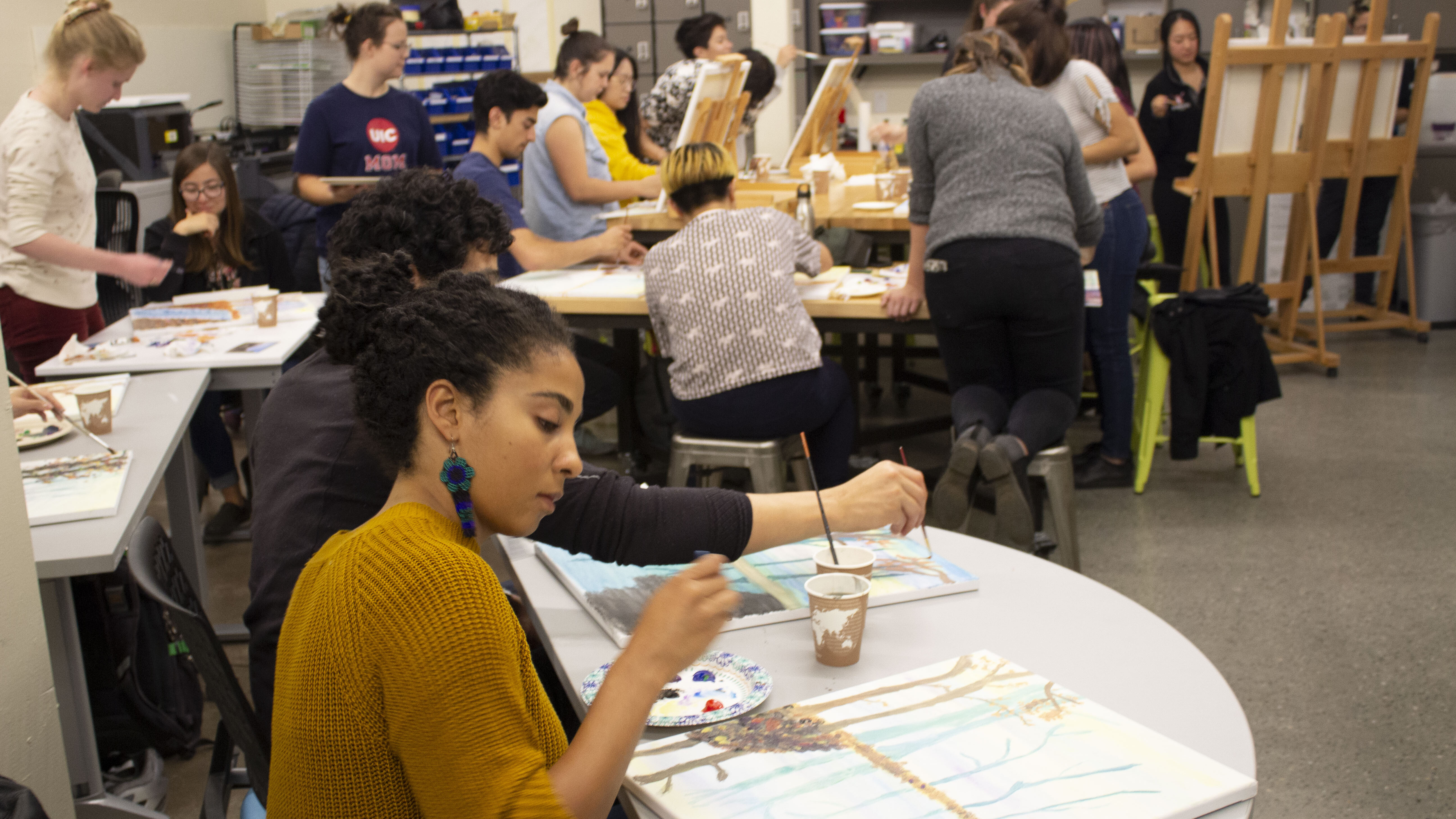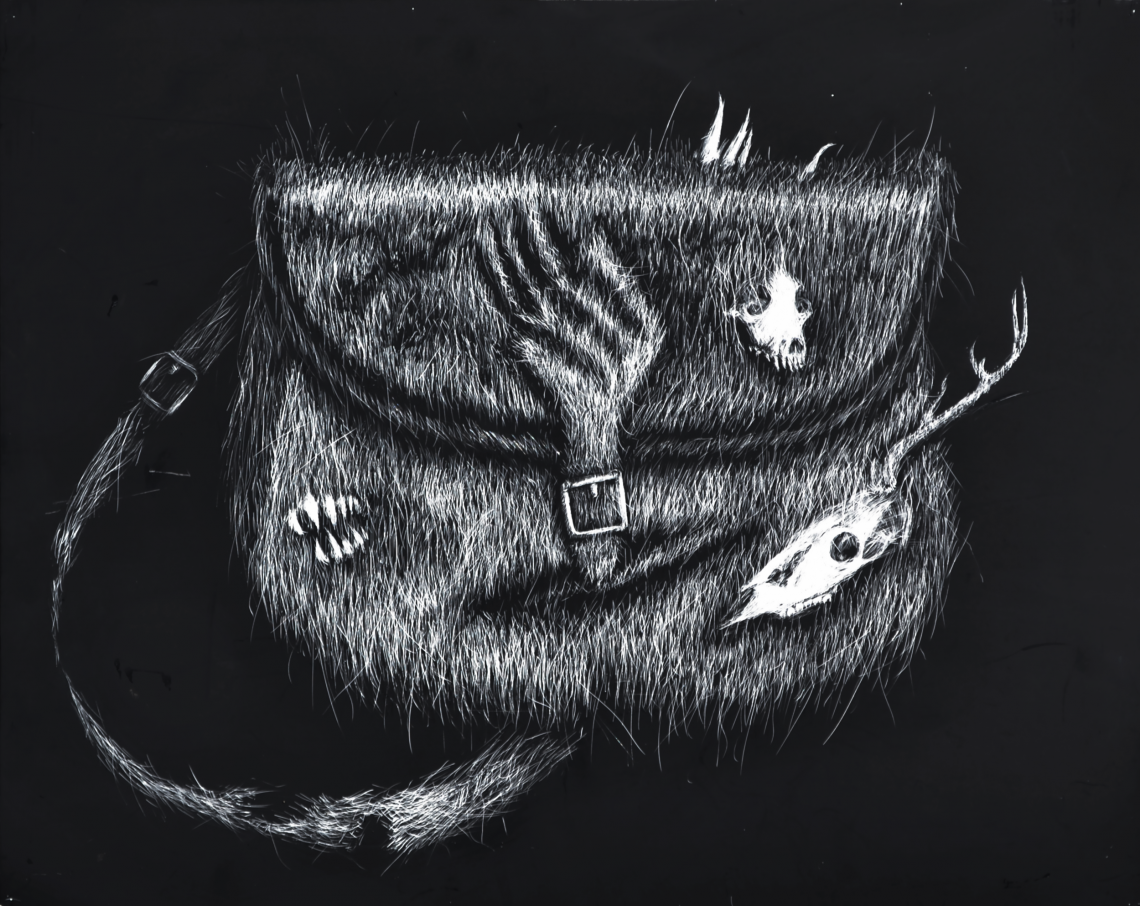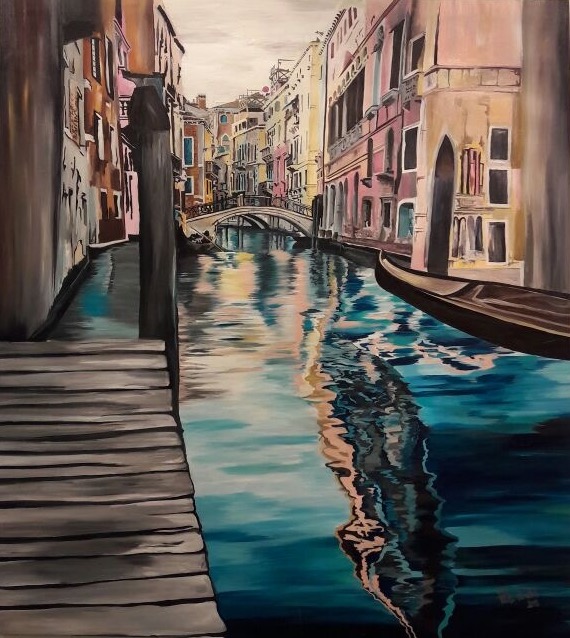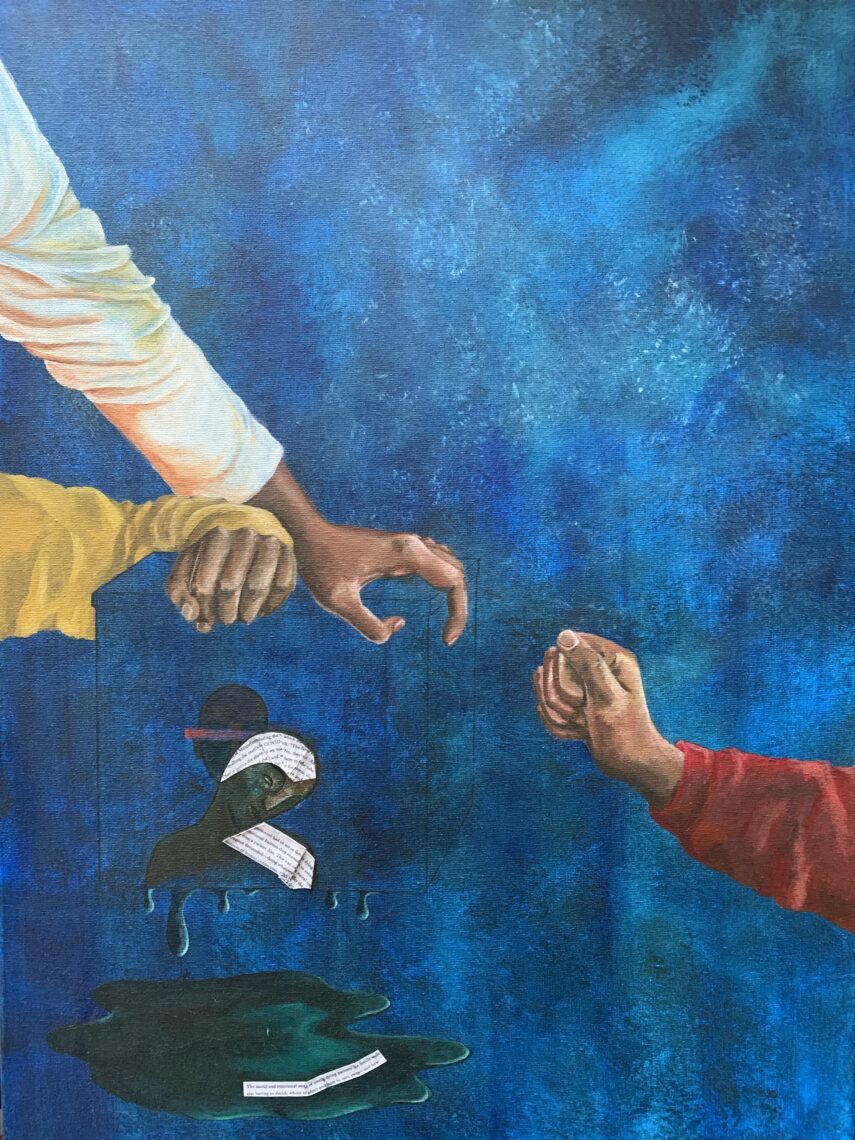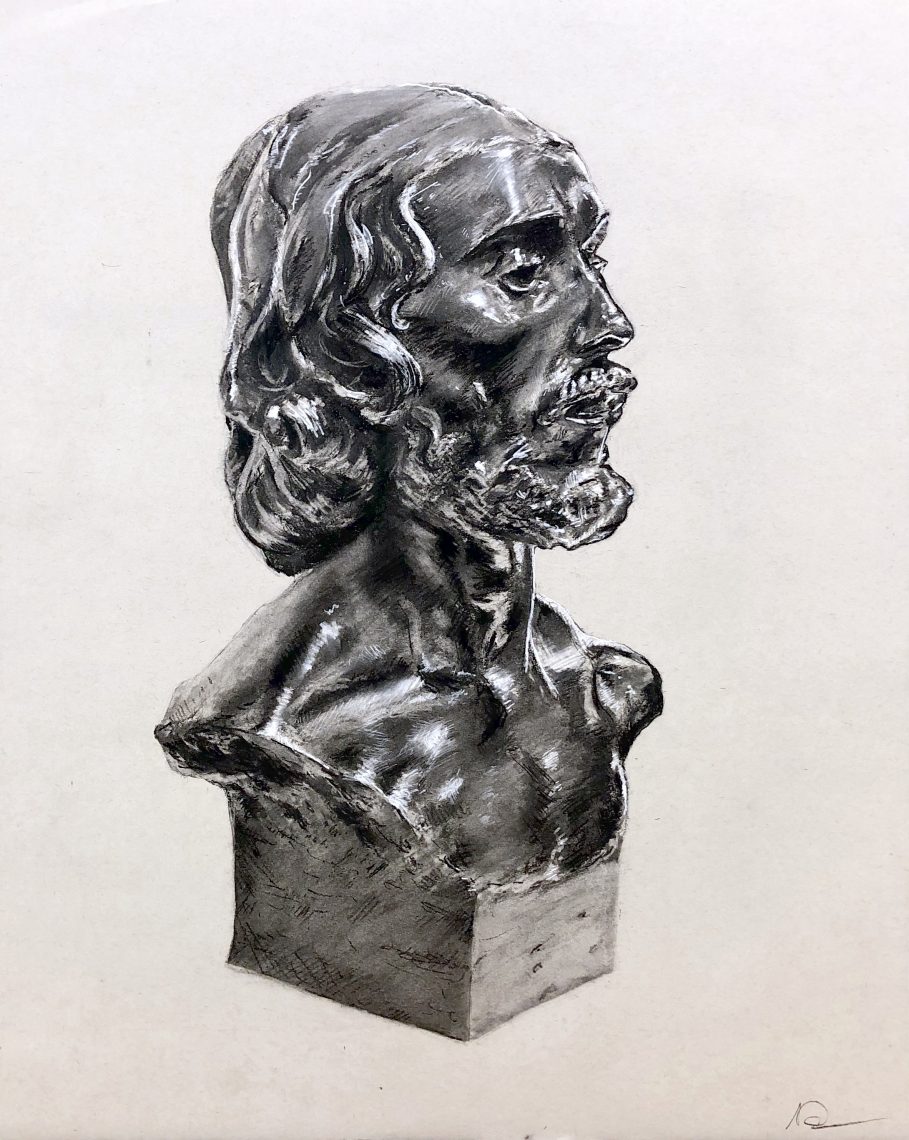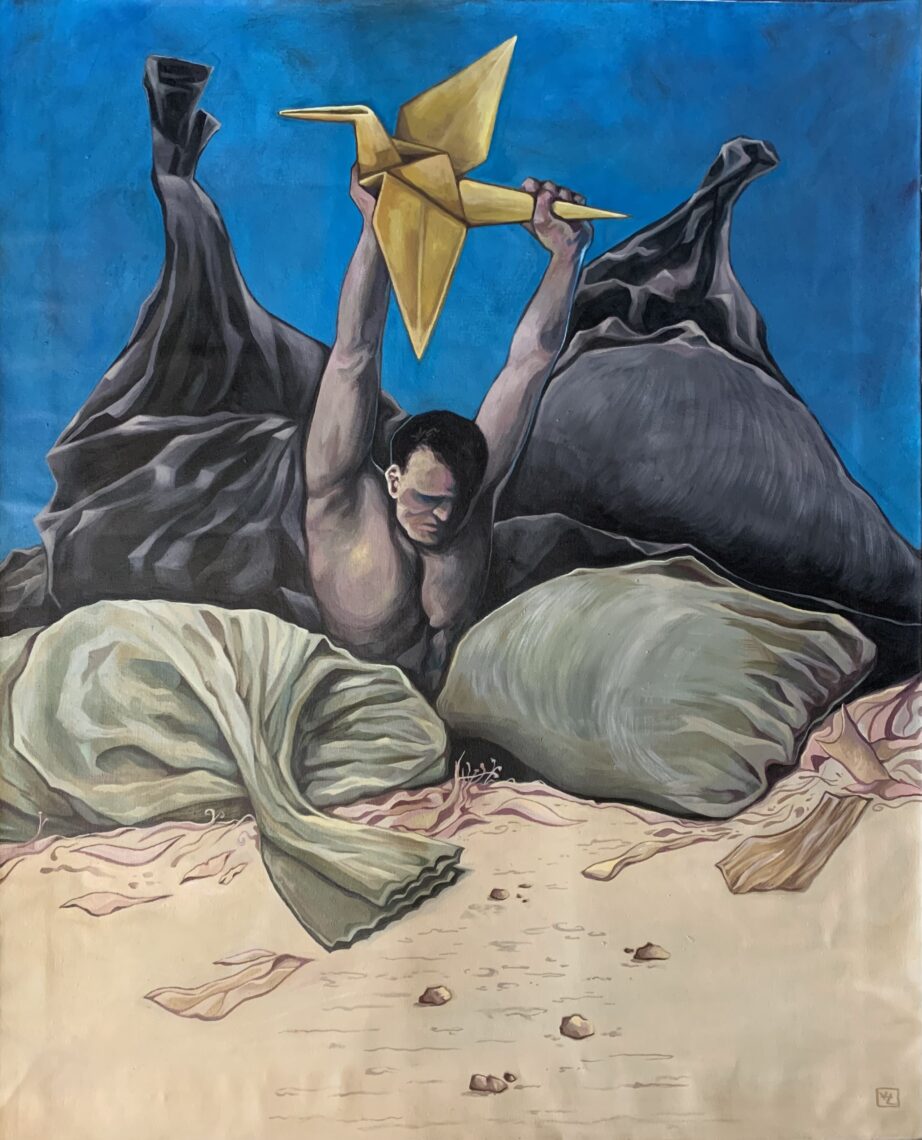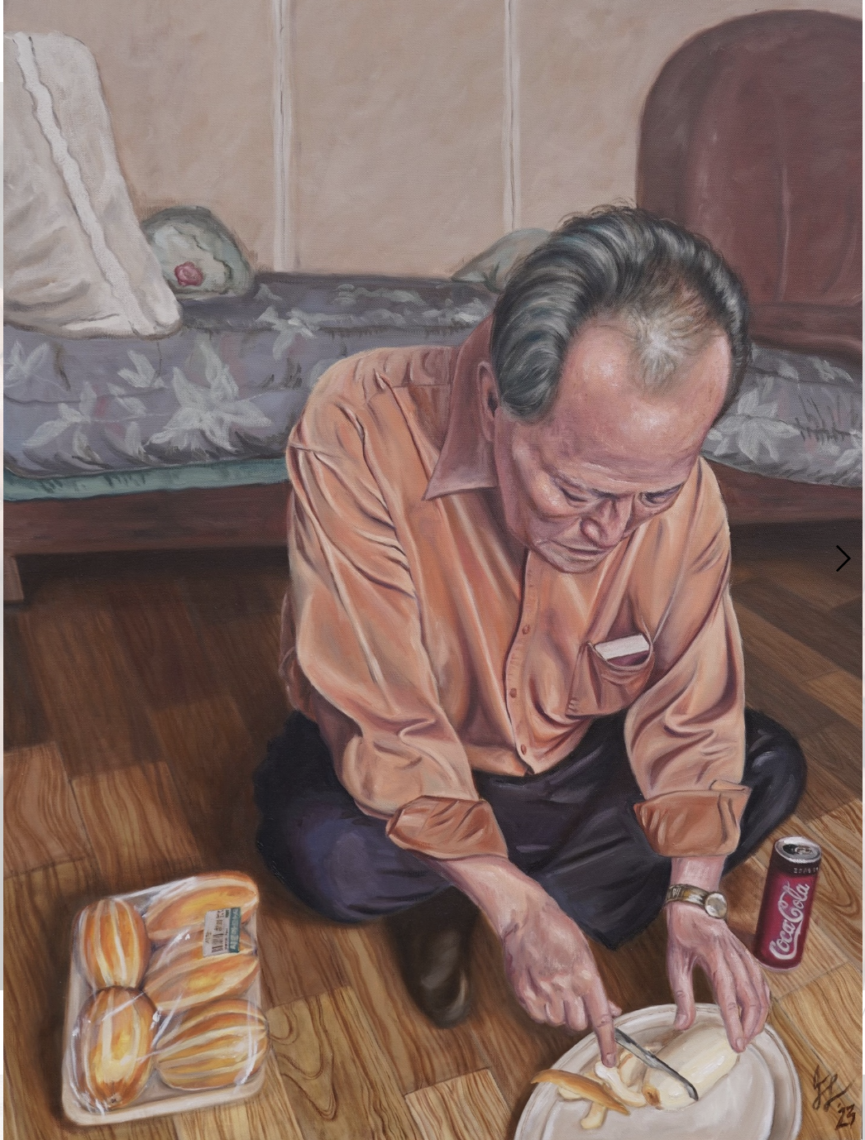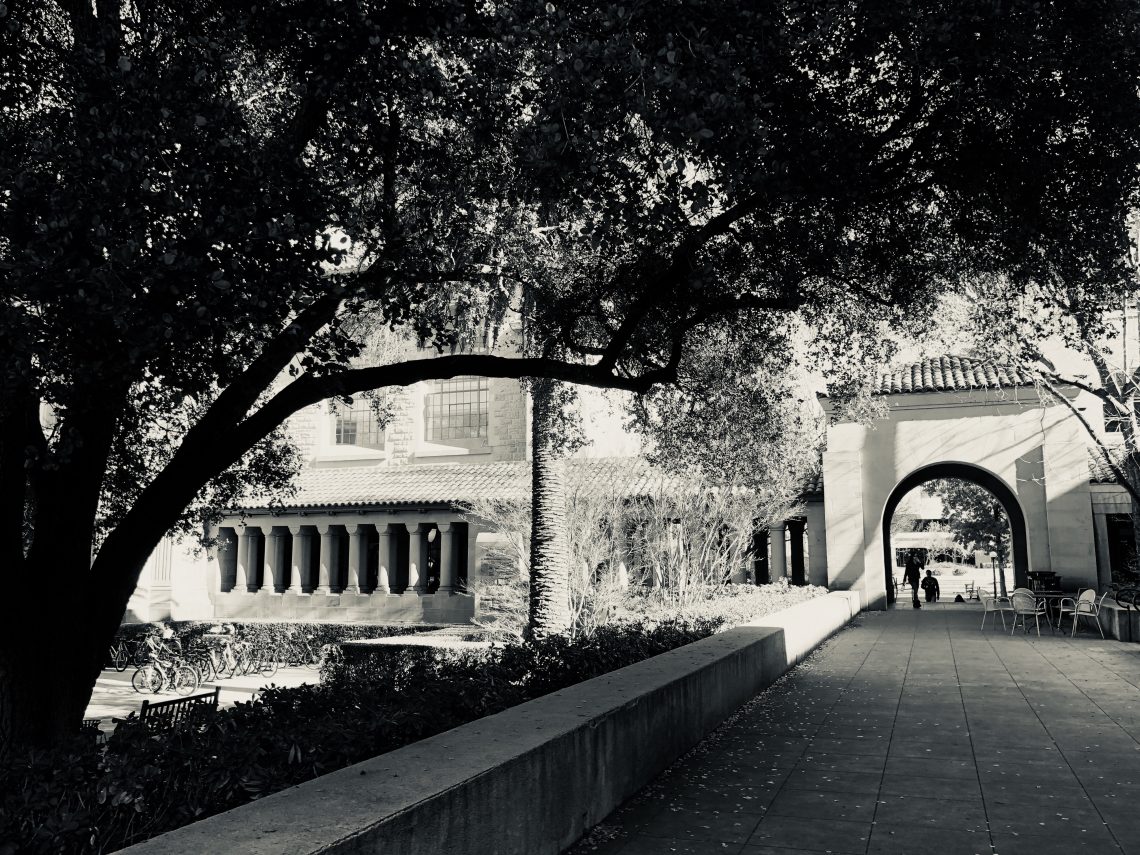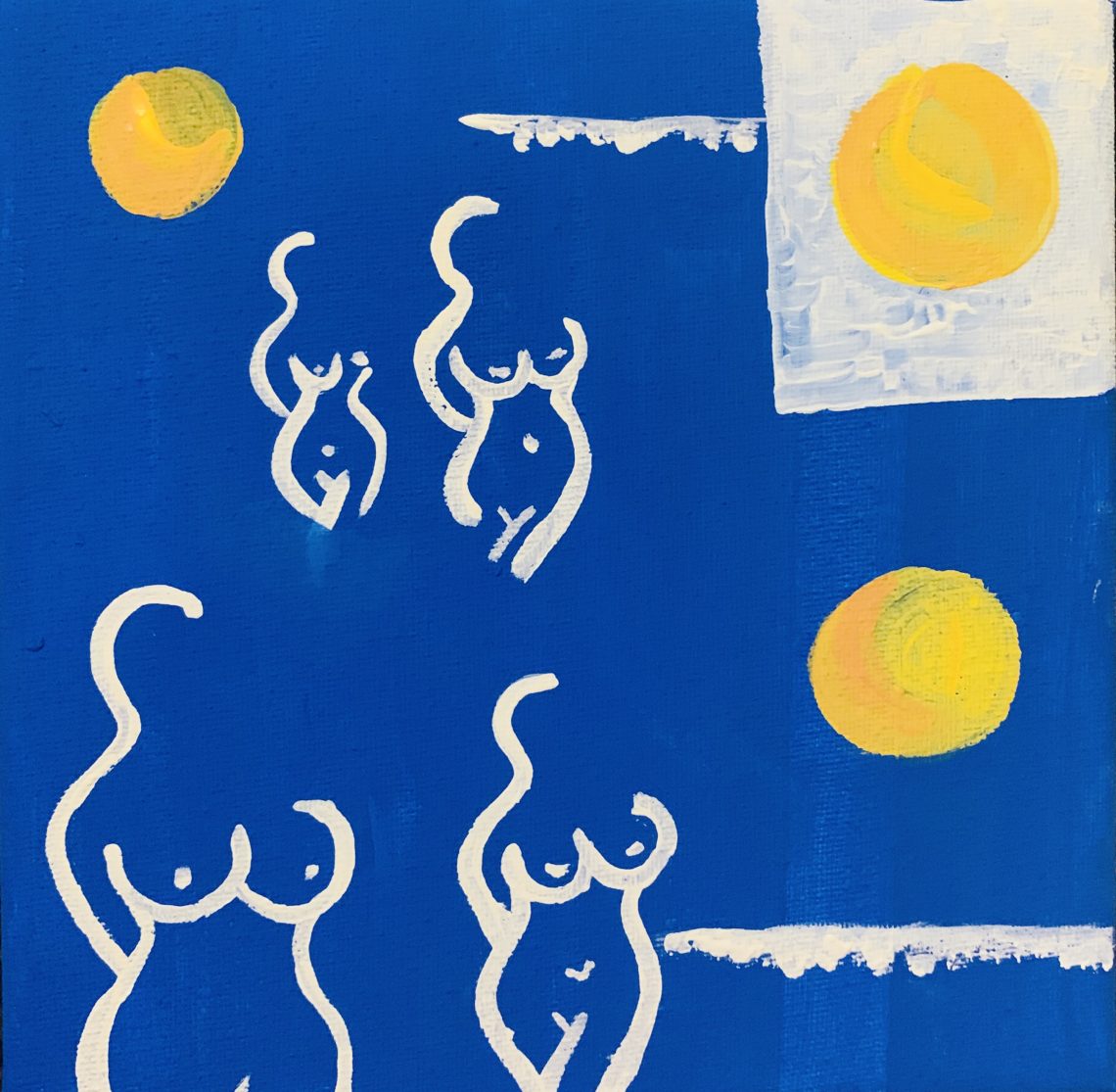 07/13/2010
Harry Elam, vice provost for undergraduate education.
Credit Linda A. Cicero / Stanford News Service
07/13/2010
Harry Elam, vice provost for undergraduate education.
Credit Linda A. Cicero / Stanford News Service
Harry Elam appointed vice president for the arts and senior vice provost for education
Harry Elam, vice provost for undergraduate education at Stanford since 2010, has been appointed to two additional key leadership roles in the Office of the President and Provost. He will now oversee the non-departmental arts programs as well as direct and coordinate critical efforts in education, President Marc Tessier-Lavigne and Provost-designate Persis Drell announced Monday.
In a newly created position, vice president for the arts, Elam will report to the president and will be responsible for overseeing the strategic future of the arts programs, including the performing and visual arts, at Stanford. As senior vice provost for education, Elam will report to the provost and will be responsible for helping envision and realize projects vital to education at Stanford. Elam will continue to serve as vice provost for undergraduate education and will assume both his new roles Feb. 1 with an eventual office in Building 10.
“We are deeply grateful that Harry has agreed to take on these crucial leadership roles that are so important to Stanford, and to join the senior staff leadership team in advising us on matters of importance to our students,” Tessier-Lavigne said. “His voice and perspective, elevating our attention to both the arts and our students, will be key as we focus on both areas in our long-range planning efforts this year.”
“Harry brings to us a great level of skill and deep knowledge in both areas – the arts and the needs of our students – and we will benefit greatly from his insights in our decision-making,” Drell said. “I look forward to working with him closely on many initiatives to the benefit of the entire university community.”
With these changes, oversight for the arts programs at Stanford will transition from the School of Humanities and Sciences to the Office of the President and Provost. The academic departments of art and art history, music, and theater and performance studies will remain in the School of Humanities and Sciences. Specifically, Elam will oversee the activities of Stanford Live and Bing Concert Hall, the Stanford Arts Institute, the Cantor Arts Center, and the Anderson Collection at Stanford University, as well as the Institute for Diversity in the Arts.
“Harry’s deep scholarship and experience in the arts, and his role reporting to the president, will assure that our many arts initiatives receive focused attention and benefit from new vision well into the future,” said Richard Saller, dean of Humanities and Sciences.
As part of this move, Matthew Tiews, who has reported to Saller as associate dean for the advancement of the arts, will now report to Elam in an elevated role as associate vice president for the arts. “I am delighted by this enhanced recognition of the importance of the arts at Stanford,” Tiews said. “I look forward to working with Harry and the president on taking our arts programs to the next level.”
As senior vice provost for education, Elam will initiate and integrate student-facing programs and projects that support education at Stanford broadly. One of Elam’s initial responsibilities, Drell said, will be to examine international program experiences – both study abroad and work and internship programs – that are available to Stanford students.
“As we enter into this exciting era at Stanford, I am honored and thrilled to serve in this new capacity. Diving into both roles allows me to expand my commitment to students’ experience as we seek to reimagine education at Stanford, “ Elam said. “It is also an opportunity to think even more boldly about the arts at both institutional and international levels, building upon the great accomplishments of the Arts Initiative and the leadership in Humanities and Sciences.”
Elam brings extensive academic and administrative background to his new roles. Serving as the Olive H. Palmer Professor in the Humanities, Elam is a renowned scholar of theater and performance studies with scholarly works that include seven academic books. Throughout his tenure at Stanford, Elam has been deeply engaged in arts initiatives, including serving as chair of the Drama Department, as the founder and first director of the Institute for Diversity in the Arts at Stanford, and as director of the Committee on Black Performing Arts at Stanford. As senior associate vice provost, he created and implemented the Arts Intensive, a signature residential September pre-term program.
Over the past six years as the Freeman-Thornton Vice Provost for Undergraduate Education, Elam has introduced and implemented critical initiatives for undergraduate education, including both the development and implementation of the new undergraduate education requirements mandated by the 2012 Study of Undergraduate Education at Stanford. His many achievements as VPUE include his creation of Faculty College, where teams of faculty from the seven schools convene to incubate new curricula and pedagogical ideas; his leadership of OpenXChange, a campus-wide presidential initiative aimed at improving communication across differences on campus; his conception and launch of Stanford in New York, the residency and internship program in New York City; and his pioneering of the Leland Scholars Program, a summer bridge program for incoming students from under-resourced high schools.
An award-winning scholar and teacher, Elam was the winner of the Betty Jean Jones Award for Outstanding Teaching from the American Theatre and Drama Society; the Excellence in Editing Award from the Association of Theatre in Higher Education; and the Distinguished Scholar Award from the American Society of Theatre Research in 2006. He was also inducted into the College of Fellows of the American Theatre in April 2006. Then in 2014, the Association of Theater in Higher Education awarded him the Career Achievement Award. While at Stanford, he has been awarded six teaching awards, including the Humanities and Sciences Dean’s Distinguished Teaching Award and the Bing Teaching Fellowship for Undergraduate Teaching.
Harry J. Elam Jr. received his bachelor’s degree from Harvard College in 1978 and his doctorate in dramatic arts from the University of California, Berkeley in 1984.


